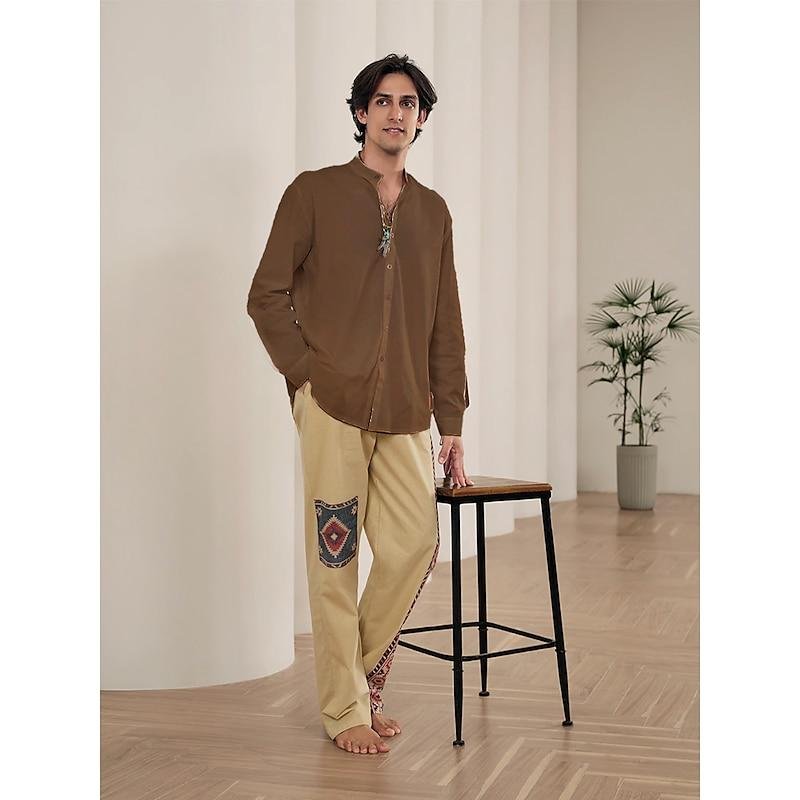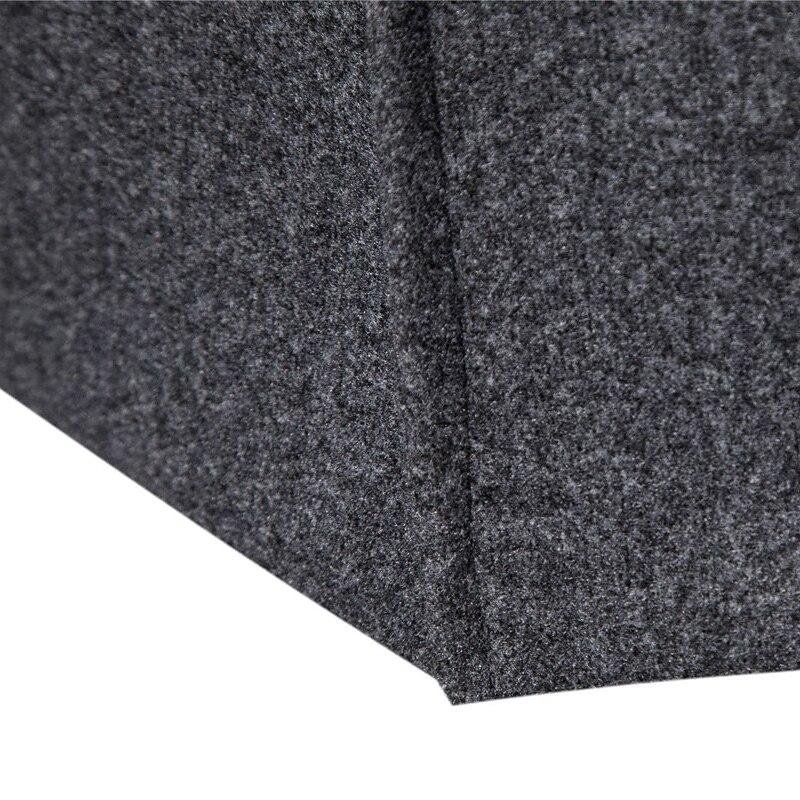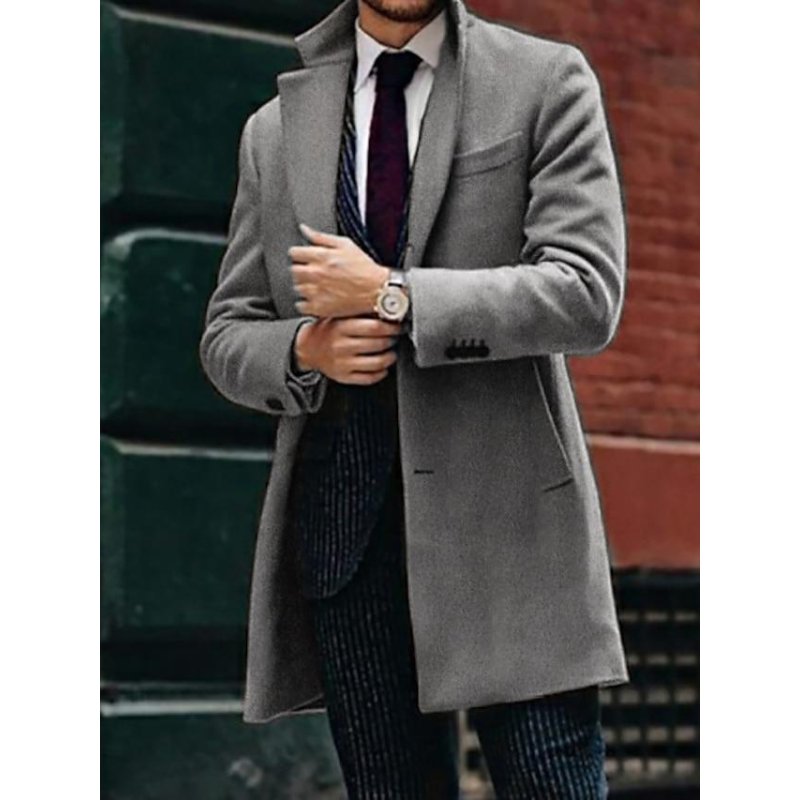Tag: clothing, fashion, style, society, evolution
The History of Clothing:
Clothing has been an essential aspect of human civilization since ancient times. It not only served as a means of protection against the elements but also played a significant role in reflecting cultural beliefs and societal norms.
Early civilizations such as the Egyptians used clothing to differentiate between social classes. While the wealthy clothed themselves in luxurious garments made from silk and linen, commoners wore simpler attire made from cotton or wool. Similarly, in ancient Greece and Rome, clothing was used to denote status and power within society.
The Renaissance period saw a shift towards more elaborate clothing styles influenced by art and architecture. Corsets became popular among women during this time to achieve an hourglass figure. The Industrial Revolution further revolutionized the fashion industry with mass production making fashionable attire accessible for all social classes.
Impact on Society:
Fashion has always been closely intertwined with society’s values and beliefs. In many cultures, traditional attire is still worn today as a symbol of heritage and identity. However, rapid changes in fashion trends have also led to negative impacts on society.
With fast fashion becoming increasingly popular, there is now constant pressure to keep up with ever-changing trends leading to excessive consumption that contributes significantly to environmental degradation. Furthermore, unethical labor practices continue to plague the garment industry despite growing awareness about fair trade.
Evolution into Sustainable Fashion:
In recent years there has been a growing movement towards sustainable fashion – environmentally friendly clothes produced using ethical manufacturing practices- as consumers become more conscious about their purchasing choices.
Designers are now incorporating eco-friendly materials such as organic cotton or recycled fabrics into their collections while promoting slow-fashion – encouraging buying fewer but high-quality pieces instead of constantly chasing new trends.
Moreover, various initiatives have emerged aimed at addressing issues like child labor and unsafe working conditions in garment factories around the world.
Future Outlook:
The evolution of clothing has undoubtedly left a significant impact on society. It is essential for us to reflect on the way we consume and produce fashion to create a more sustainable future. As consumers, we can make conscious choices by opting for eco-friendly brands and supporting fair trade practices.
In conclusion, clothing not only serves as a medium of self-expression but also reflects our changing societal values. With the rise of sustainable fashion, it is evident that the industry is moving towards positive change. Let us continue to embrace this evolution by making mindful choices that support both style and sustainability.




